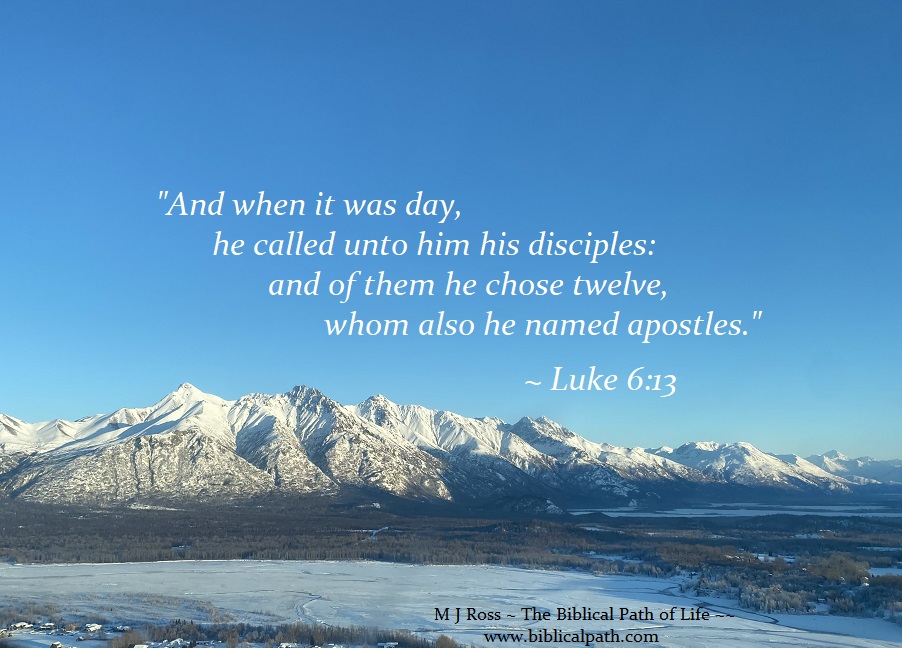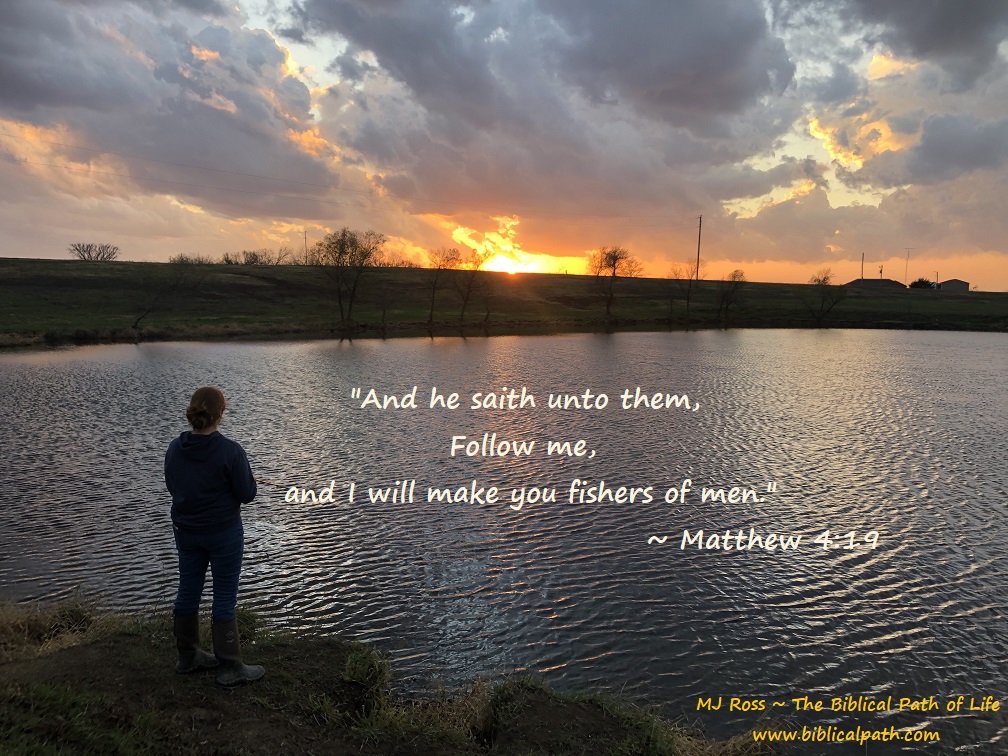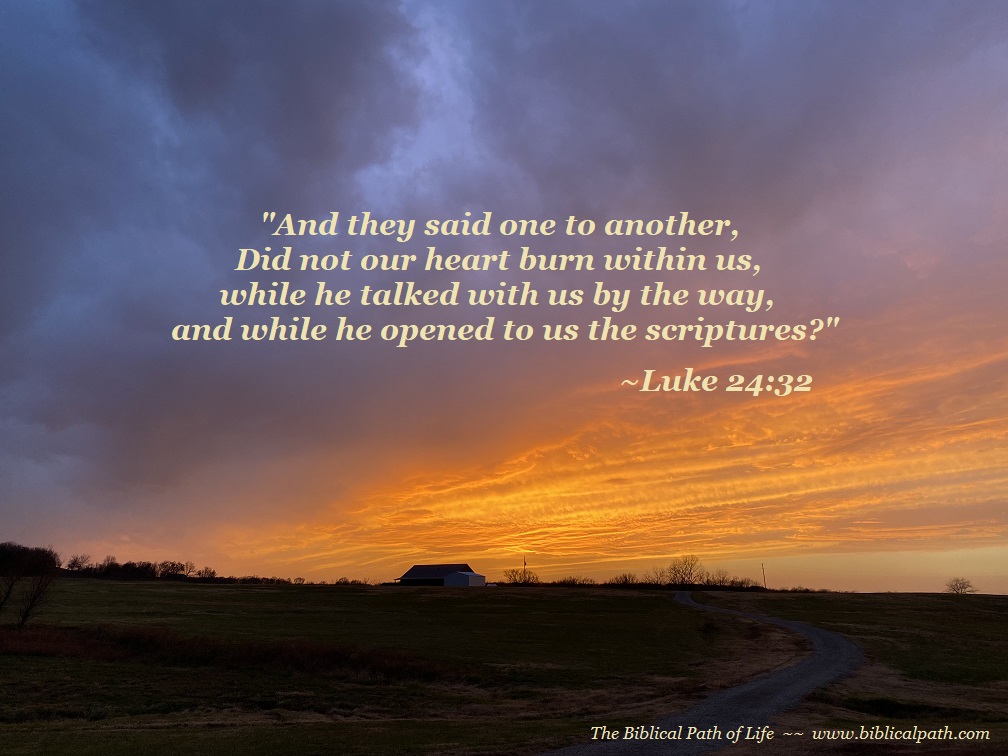
“Unto the church of God which is at Corinth, to them that are sanctified in Christ Jesus, called to be saints, with all that in every place call upon the name of Jesus Christ our Lord, both theirs and ours:”
1 Corinthians 1:2
We most often call people who have trusted in Jesus for salvation “Christians”. This implies that the one who has given that heart and life to Jesus has become Christ-like. Did you realize that in the New Testament, the name “Christian(s)” is only used three times? (“… And the disciples were called Christians first in Antioch” Acts 11:26b.) Another name given for those who have chosen to follow Christ is “disciple”. They are called “disciple” (or disciples) thirty times. Two times they are called “Believers”. However, the most prevalent name is “saints”. We should remember when the Lord sent Ananias to speak to Saul (the persecutor of the new followers of Christ). “Then Ananias answered, Lord, I have heard by many of this man, how much evil he hath done to thy saints at Jerusalem” (Act 9:13). Those in Jerusalem who had trusted in Jesus were called “saints”. Many of the letters in the New Testament are addressed to the “saints.” (See Romans, 1 Corinthians, Ephesians, Philippians, and Colossians.) Saints means “holy, set apart, sanctified, consecrated; its fundamental ideas are separation, consecration, devotion to God; separated morally.” Even more interesting, the name “saint” is interchangeable with the word “holy” in several verses. In these verses, the meaning for saint and holy are the same. It is this definition of the word “saint” or “holy” that each Christian should attain.
Why is it important to understand that those we call Christians are also known as “saints”? There are specific instructions to those called “saints” or “holy”. Because of this, it is important to know what these instructions are so that we can follow them.
Paul wrote a letter to the Christians in Rome. “To all that be in Rome, beloved of God, called to be saints: Grace to you and peace from God our Father, and the Lord Jesus Christ” (Romans 1:7). Take notice that the declared that they were “called to be saints”. He does this again in 1 Corinthians. “Unto the church of God which is at Corinth, to them that are sanctified in Christ Jesus, called to be saints, with all that in every place call upon the name of Jesus Christ our Lord, both theirs and ours” (1 Corinthians 1:2). Notice again that Paul declares that “all that in every place call upon the name of Jesus Christ” are “called to be saints”. Called means “called, invited, welcomed, appointed.; the called ones are those who have received the divine call having conformed to God’s saving purposes.” What is one who has been called to be a saint (holy) to do? “1. I beseech you therefore, brethren, by the mercies of God, that ye present your bodies a living sacrifice, holy, acceptable unto God, which is your reasonable service. 2. And be not conformed to this world: but be ye transformed by the renewing of your mind, that ye may prove what is that good, and acceptable, and perfect, will of God” (Romans 12:1-2). Note Paul wrote, “holy, acceptable unto God”. Remember, this means “holy, set apart … its fundamental ideas are separation, consecration, devotion to God; separated morally.” This kind of life is acceptable unto God. How is one to do this?
Peter gave us instructions. “14. As obedient children, not fashioning yourselves according to the former lusts in your ignorance: 15. But as he which hath called you is holy, so be ye holy in all manner of conversation; 16. Because it is written, Be ye holy; for I am holy” (1 Peter 1:15-16). Remember, this “holy” is the same word as “saint”. Conversation means “behavior, lifestyle.” Once one has been called to be holy (a saint), that life is to change from the old lifestyle and be holy (live a life in devotion to God) in all behavior.
Paul wrote instructions to the saints (holy) in the letter to the Colossians. “12. Put on therefore, as the elect of God, holy and beloved, bowels of mercies, kindness, humbleness of mind, meekness, longsuffering; 13. Forbearing one another, and forgiving one another, if any man have a quarrel against any: even as Christ forgave you, so also do ye. 14. And above all these things put on charity, which is the bond of perfectness. 15. And let the peace of God rule in your hearts, to the which also ye are called in one body; and be ye thankful. 16. Let the word of Christ dwell in you richly in all wisdom; teaching and admonishing one another in psalms and hymns and spiritual songs, singing with grace in your hearts to the Lord. 17. And whatsoever ye do in word or deed, do all in the name of the Lord Jesus, giving thanks to God and the Father by him” (Colossians 3:12-17). This is a great listing for us as “Saints” today to use to transform our hearts and lives. This will produce a Christ-like lifestyle. We can then be Christians (Christ-like). It will allow us to be able to encourage other Christians as well. Paul gives a great listing to help us understand what kind of life Christ wants us to live and why (“see Ephesians 4:12-32).
Have you been called to be a saint?
Do you then choose to live a life that is changed, holy and acceptable unto God?
Find out how to become a “Saint”.








